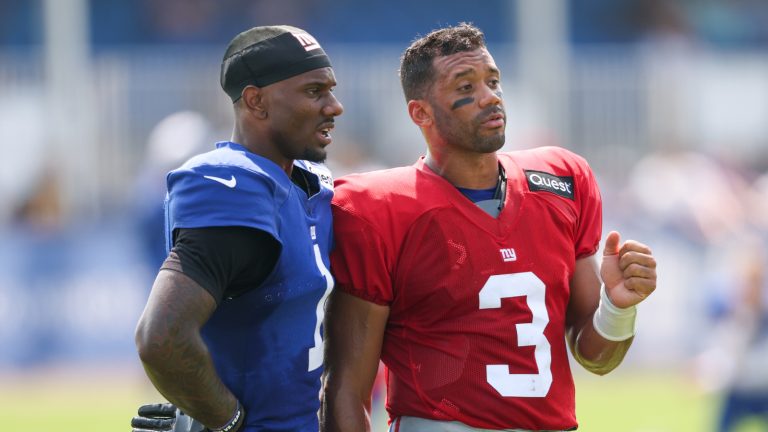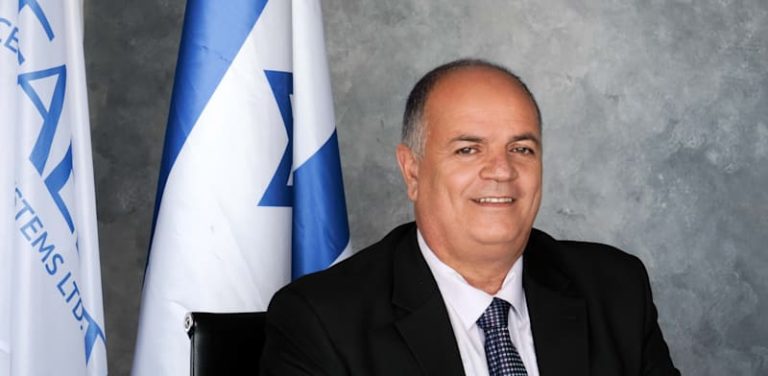To say that the Boston Red Sox are keeping MLB fans and analysts on their toes this season is an understatement.
Almost two months after trading the face of their franchise, Boston signed MLB’s No. 1 prospect, Roman Anthony, to an eight-year, $130 million extension. Between trading Rafael Devers and locking Anthony up through 2034, the Red Sox have been the boldest MLB team this season by far. But will this move pay off?
Fans expected Sox owner John Henry to spend money on the team during the offseason, but no one anticipated a massive mid-year pact with a rookie would occur. Anthony has only played 46 MLB games, during which he has slashed .283/.400/.428 with 19 RBIs and two home runs. While his rapid ascent through the minor league and hot start to his professional baseball career are beyond what fans could’ve asked for, Anthony’s extension is still premature from a financial perspective.
With a $16.25 million AAV on his contract, the Sox have piled high expectations onto a player who recently turned 21 years old. For Anthony’s sizable and long-term commitment to be worth the investment, he should produce an annual 2.0 WAR at least and earn at least three or four All-Star, Gold Glove or Silver Slugger Awards by the end of his contract. For reference, Marcell Ozuna and Kyle Tucker received contracts within $250,000 AAV of Anthony’s contract AAV, according to Spotrac. All three achieved this criterion before they were rewarded with lucrative agreements.
Weighing these standards against Anthony’s newness to MLB, it’s nearly impossible to say Boston’s decision-making was backed by more than just impulse.
Somehow, Anthony isn’t the first rookie the Red Sox extended this year. With five games of baseball under his belt, Boston closed an eight-year, $60 million deal with Kristian Campbell, who was MLB’s No. 6 prospect at the time. While Campbell’s $7.5 million AAV is drastically different from Anthony’s, the Sox’s strategy to hoard young players before they’ve had enough time to prove themselves isn’t logical.
Keeping Anthony off the free-agent market for the next decade may be the best risk the Sox have ever taken, or it may be one of the most expensive decisions made. Anthony must deliver the high-performance projections his contract sets for his early extension to pay off, but odds are, Boston is putting the cart before the horse.







